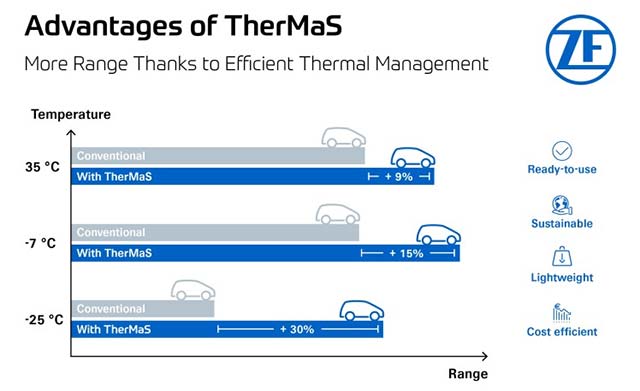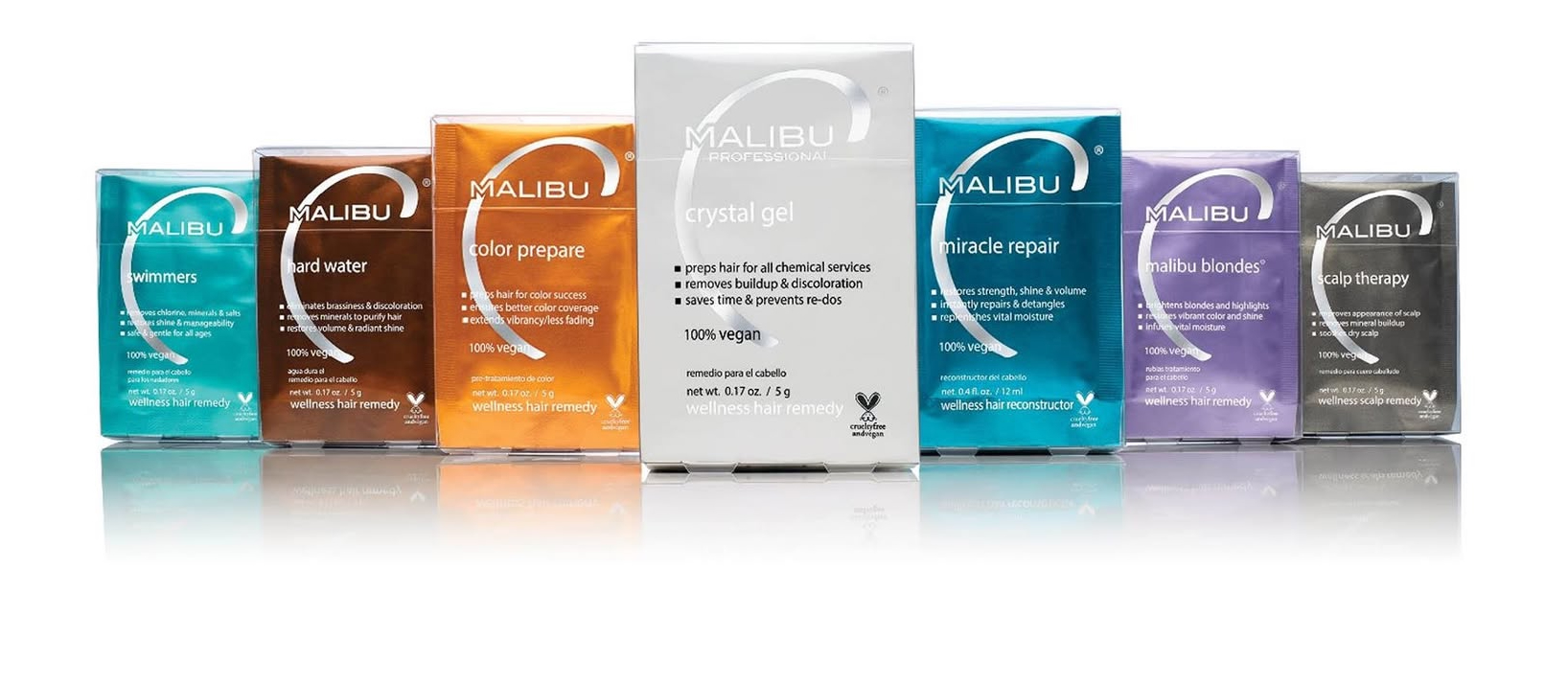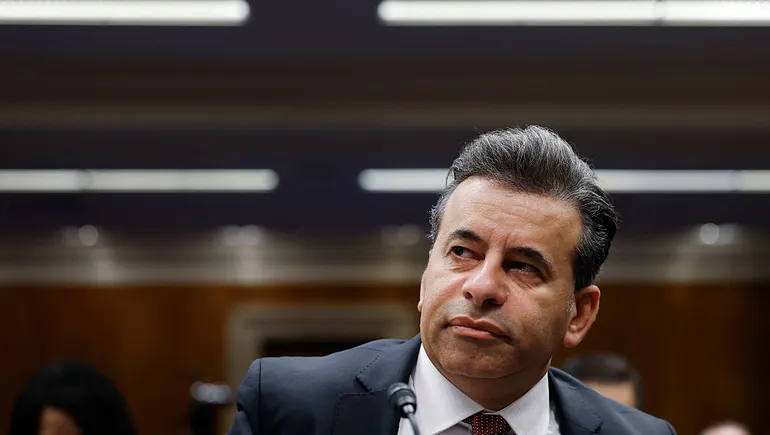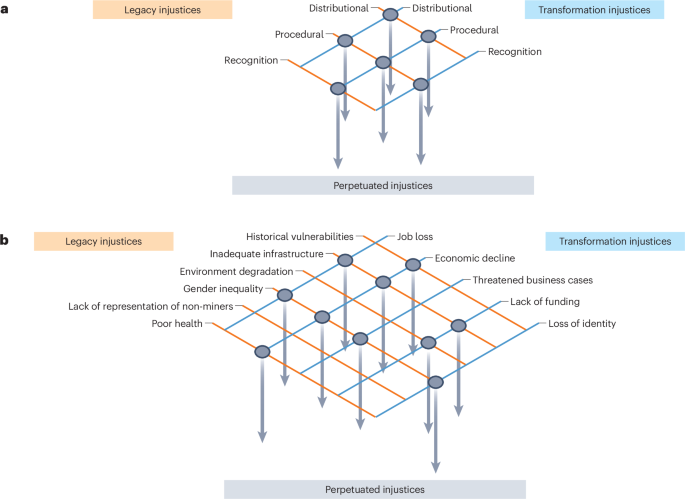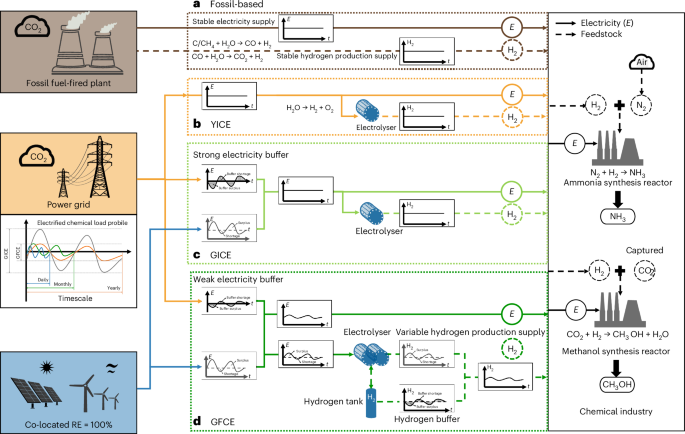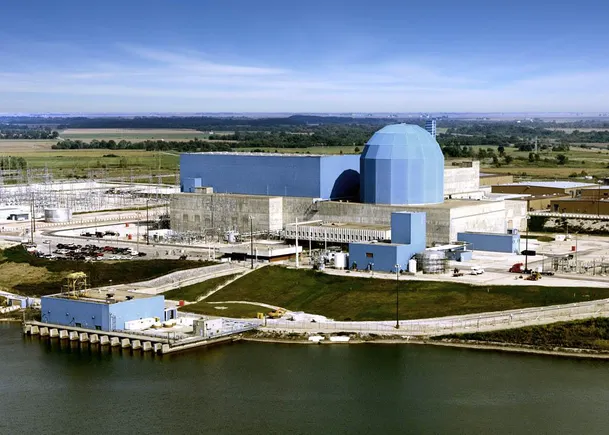Remarks by Commissioner Peirce before the International Center for Insurance Regulation
Thank you, Christian. I appreciate the chance to be part of this event. I must first let you know that my views are my own as a Commissioner and not necessarily those of the U.S. Securities and Exchange Commission (“SEC”) or my fellow Commissioners. Speaking of my views, they may not overlap much with those […]

Hester M. Peirce is a Commissioner at the U.S. Securities and Exchange Commission. This post is based on her recent remarks. The views expressed in this post are those of Commissioner Peirce and do not necessarily reflect those of the Securities and Exchange Commission or its staff.
Thank you, Christian. I appreciate the chance to be part of this event. I must first let you know that my views are my own as a Commissioner and not necessarily those of the U.S. Securities and Exchange Commission (“SEC”) or my fellow Commissioners. Speaking of my views, they may not overlap much with those of Theodor Adorno, the famed early 20th century intellectual whose legacy is so prominent at this university. But his assertion that “progress occurs where it ends”[1] aptly describes my views of much of the global environmental, social, and governance (“ESG”) movement.
The ESG era, though marketed as progress, has harmed investors, companies, regulators, and society. Nothing is new about companies and investors taking a wide range of factors into account in deciding how to allocate capital. The materiality framework of our U.S. securities regulatory regime elicits disclosure about issues determinative to a company’s long-term financial value, including, when applicable, ESG issues. Our framework distinguishes between what is material to an investment decision and what is not material even though some investors might care deeply about it. Only the former warrants mandatory disclosure.


























